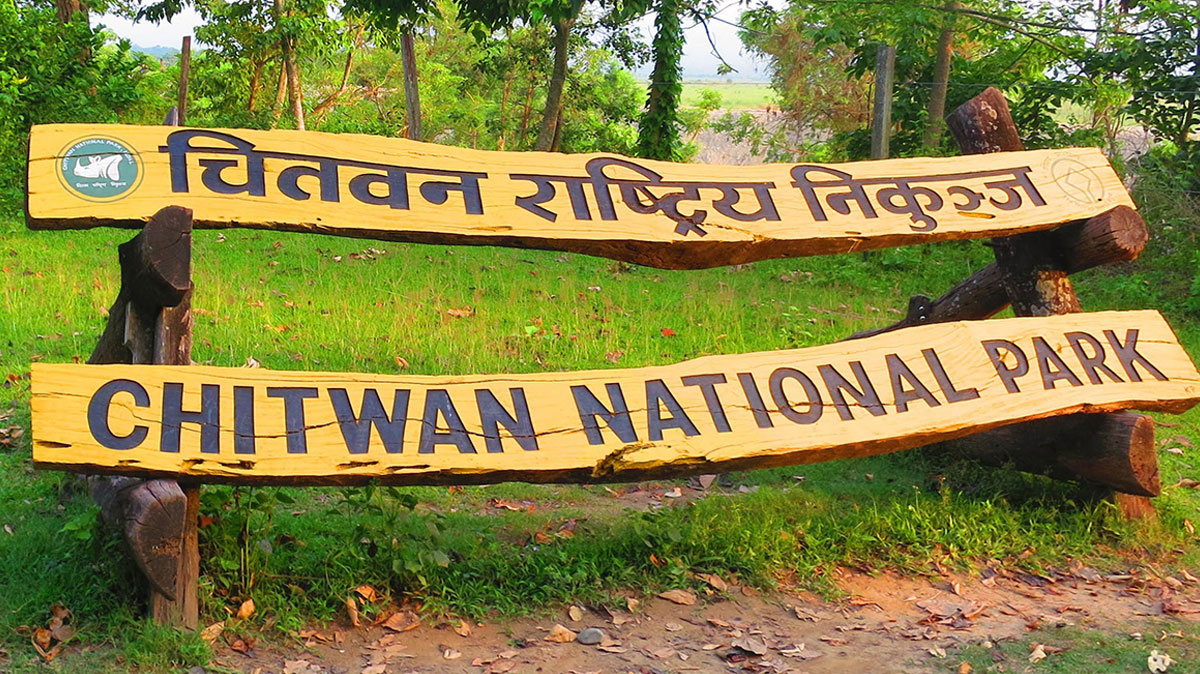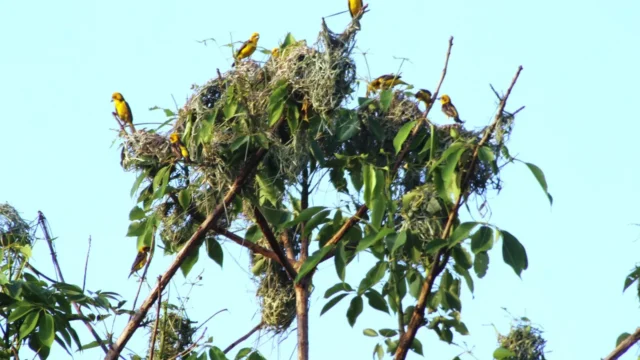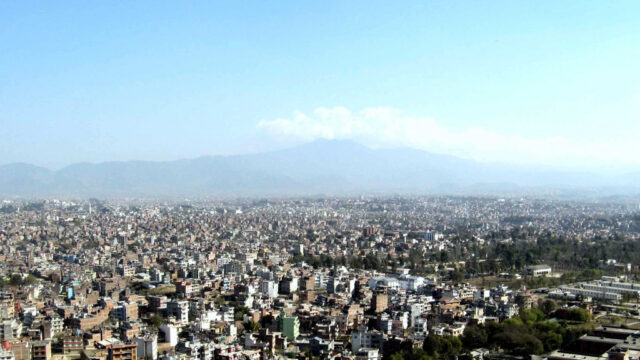Chitwan National Park has implemented a distinctive security strategy to combat potential poaching during the monsoon season. The increase in water levels in rivers and streams, as well as the growth of dense vegetation during this period, makes it difficult for vehicles to access all areas. Consequently, the park has developed a strategy to monitor these challenging areas differently.
According to Ganesh Prasad Tiwari, the Information Officer of Chitwan National Park, the park’s office and the deployed Nepalese army have jointly identified sensitive areas and implemented stringent security measures in those locations. He mentioned that the security strategy is reviewed and adapted every week to ensure effective implementation.
Tiwari stated that since jeeps and vehicles cannot reach all areas, elephant patrols are currently prioritized. The park has 54 elephants, and those that are not young, pregnant, or infirm are being used for patrolling. Additionally, boats are utilized in riverine areas, while regular foot and bicycle patrols are also conducted. In accessible areas, jeep and vehicle patrols continue as well.
There are 67 posts within the park where Nepalese army personnel and park employees work together to ensure security. The park conducts long-term, medium-term, and short-term patrols. Long-term patrols involve spending more than two weeks in various areas, medium-term patrols last around a week, and short-term patrols involve setting up camps in different jungle locations for one or two days. The park maintains a team with elephants ready for immediate deployment in case of emergencies, which also proves useful during disasters.
For instance, the team with elephants assisted in the search operation during the Simaltal bus accident within the park area. According to Information Officer Tiwari, drones are deployed as needed for surveillance. Additionally, SPY cameras are discreetly placed in sensitive areas for monitoring. These cameras provide a covert means of observing the situation in these areas.
Patrols are also conducted in collaboration with local communities when necessary. Community-based anti-poaching units are actively engaged in poaching control and intelligence gathering. Chitwan National Park is a crucial habitat for the rare one-horned rhinoceros, Bengal tigers, and other wildlife species.





